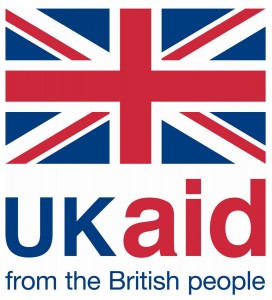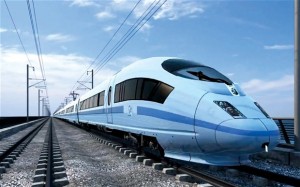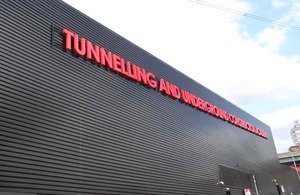It was recently Anti-Bullying Week. We face a serious issue of social justice in the UK where the excluded bully attends alternative provision, in these cases in the form of a Pupil Referral Unit (with £16k+ annual funding), yet all too often the self-excluding bullied child – the victim – has no such provision and receives little or no support.
There are at least 16,000 children between the ages of 11 and 15 missing education in England because they have been severely bullied. This figure is likely to be an underestimate owing to the way in which local authorities (LAs) record their data. In fact many LAs do not even record the reason for a child withdrawing from school.
Children self exclude for fear of further physical attacks, ostracism, humiliation, cyber messages, website exposés and other forms of mental and physical bullying. They are too frightened to attend.
In most instances, the parents of children who are severely bullied make numerous complaints, which take many months to investigate. The child is told to change their behaviour (arrive late, work in the library, not go out at break, eat separately and go home early), and increasingly feels that it is they who are the problem and therefore ultimately to blame. ‘If they were not there these things would not be happening.’
If schools do offer support for self-excluding students who have been bullied they generally seek the cheapest way of meeting education inspection criteria for self-excluding students (for example, having work sent home, having a teacher assistant available to support or accessing the curriculum online). In some cases such measures work satisfactorily.
Bullied children usually self-exclude from school as a last resort. After a few weeks at home, isolated from peers and with parents who may be threatened with being taken to court for allowing their child to truant, the situation deteriorates further. Many children, as a consequence of the relentless bullying, develop conditions such as eating disorders, self-harm, depression, panic attacks and agoraphobia.
So here is my six-point Charter:
(1) Special educational needs status should be granted to severely bullied children too traumatised to attend school. Government should give severely bullied children incapable of attending school special educational needs (SEN) status, alongside other supported groups (Aspergers, autistic, ADHD).
(2) Training for school staff and whole school programmes to tackle bullying. Government should introduce whole school programmes where students are central to implementation. There are many pilot schemes in which this has been proven to work. Bullying is anti-social behaviour occurring mostly between students – so students need to be involved in its elimination. Schools need policies that are consistent, usable and accessible, supported by named anti-bullying Coordinators, parent awareness programmes, support groups and an effective PSHE programme.
(3) The educational needs of self-excluding bullied children must be met.For this to happen, each LA must name an officer with responsibility for ensuring either that all alternative provision is of good quality, or that students who have difficulties in accessing mainstream school are provided for. That officer must intervene when provision is inadequate and have the power to direct schools to make alternative provision if it appears necessary. The quality of the work of that person (measured by the quality of the programmes provided) must then be reported upon within Ofsted’s assessment of the LA’s work. This would be an interim measure with the aim that every child, when ready, would return to a mainstream school. Already the Red Balloon Learner Centre group has a record of 95 per cent of severely bullied children returning to mainstream education.
(4) Alternative provision must be monitored.LA officers must have a responsibility to ensure that any alternative provision offered to a severely bullied self-excluding child be of good quality. If a parent/carer has concerns about this provision and has made a formal complaint, this and the outcome must be recorded in a register. Ofsted should examine this register.
(5) Each LA and school must make it clear to parents/carers how the education of children self-excluding from school due to bullying is to be funded. The funding might operate only for a set time period (one year, say) at the end of which teachers from the previous school, the LA, parents, alternative provider staff and the child assess the likelihood of a successful re-integration to a mainstream school. If another year of alternative provision is required then this is negotiated at the end of the first year of such provision. Efforts must be made to prevent schools and LA’s from claiming the other is responsible for alternative provision funding and then using the subsequent delay caused by debate to circumvent responsibilities.
(6) The DfE needs to state its policy on distance learning.The Department for Education must state its policy on distance learning, particularly with respect to alternative provision. It also needs to say what it seeks from providers of distance education. How children out of school in remote rural areas should be supported requires an answer.
Making these changes would go a long way towards helping and supporting the victims of bullying.












